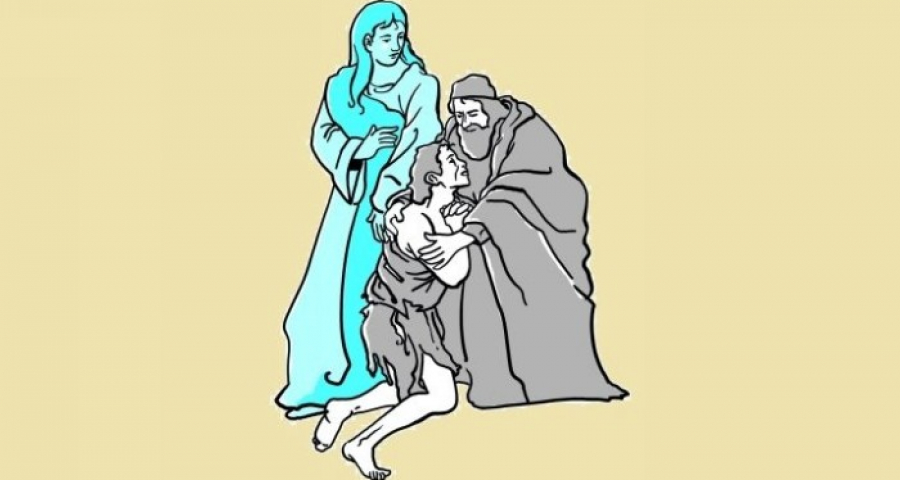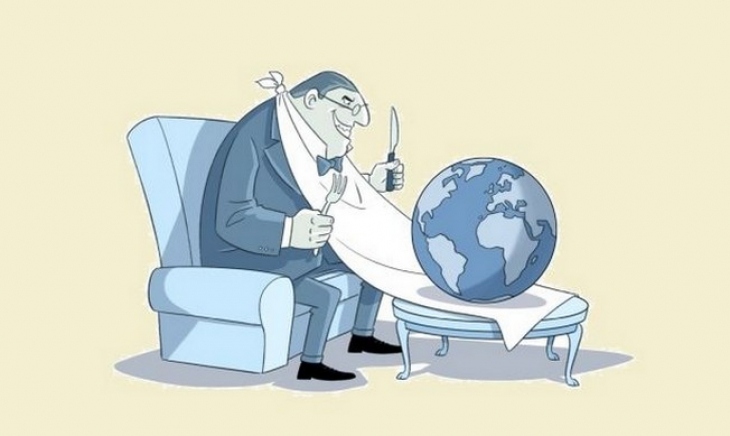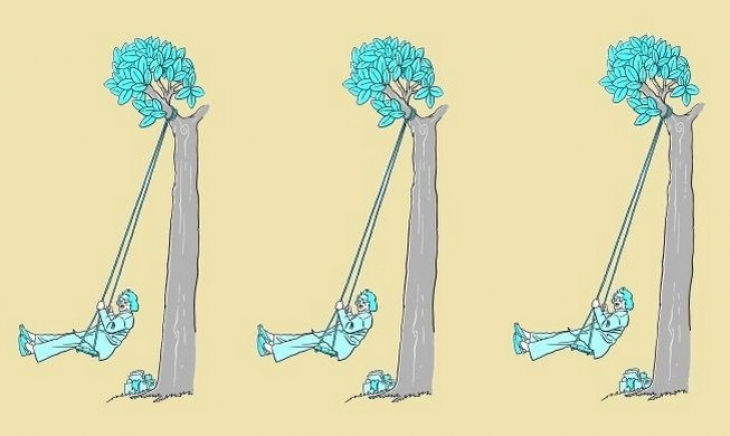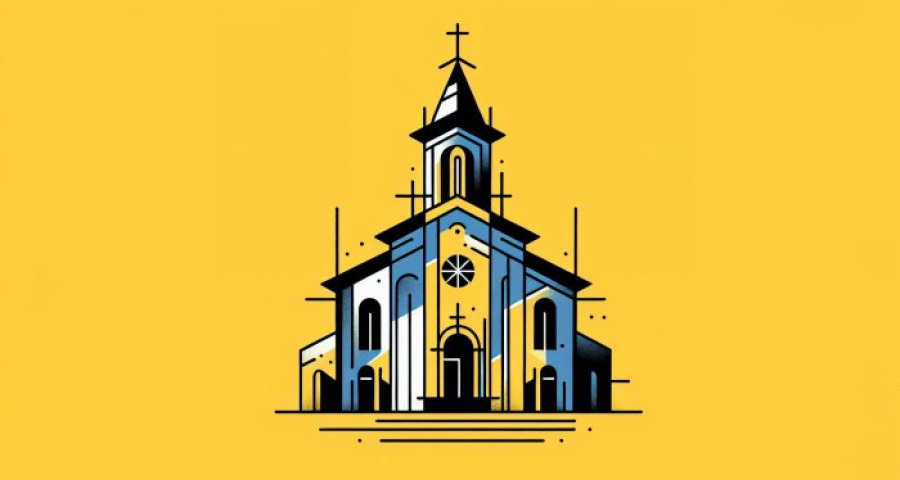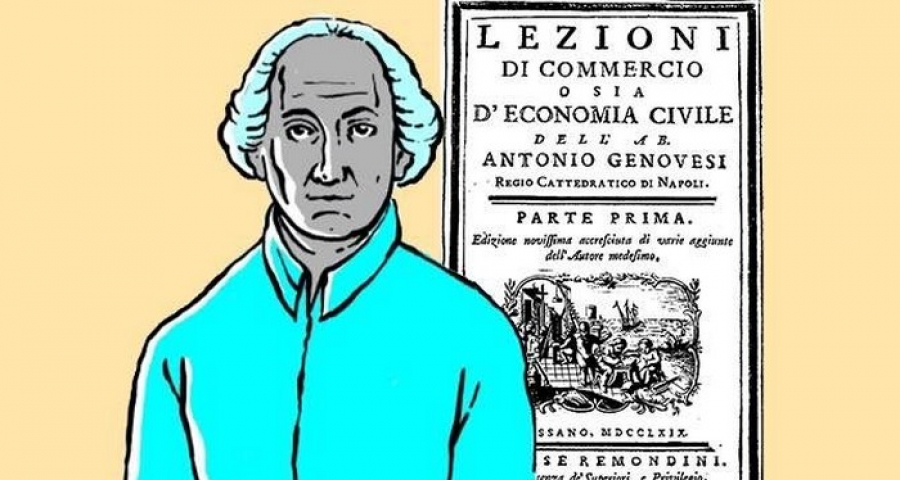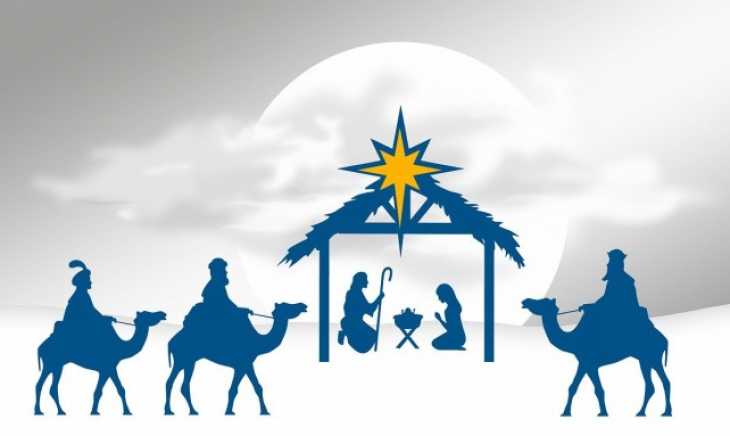In Luke's parable of the Prodigal Son, there is no mention of the mother. And so any female perspective is absent from the story. Had there been a mother in it, the story would certainly have been different.
by Luigino Bruni
published in Messaggero di Sant'Antonio on 11/11/2024
The Gospel parables are full of inspiration for economic and civil life, too. Think of the beautiful parable of the Prodigal Son (or of the Merciful Father). Luke presents to us a father and two sons, an elder and a younger one. He is a wealthy man who has a family business, perhaps in agriculture. The younger son does not want to continue his father's project. He leaves, and asks his father for his ‘share of the inheritance’. The father could not give it to him, because Jewish tradition did not allow a son to ask for an inheritance with his father still alive, and because in those ancient cultures the father was the master of everything. Instead he lets him go, with part of the household heritage. He makes the family goods his patrimony, that is, the gift (munus) of the father.
This first act is decisive; this freedom given to the son is the father’s first merciful gesture. Because children should not feel sentenced to continue the ‘empire’ of their parents or grandparents. They can, but they don’t have to. And so, the implicit blackmailing, the expectations often become those strong ties that block sons and daughters, and prevent them from taking free flight. The fate of sons must not be determined by that of their fathers. And, if that happens, we are inside a form of incest, where parents eat away at their children's free future. The father of the parable promotes his younger son to adult life and thus to freedom.
The son misuses the inherited goods. This too is part of the risk of fatherhood. There is no fatherhood without the possibility of the sons getting lost in the pursuit of their life and freedom. Because if we do not let them possibly become worse than us, they will never be better than us either, because they would lack that real freedom that is essential to becoming authentic and beautiful people. Possible failure is the other side of freedom. And what happens all too often instead is that family businesses fail because the parents put too heavy a burden on their children's shoulders, and one day the project crushes under that ever-growing weight. Had they sold the business instead, it would have grown in another terrain and borne new fruit. The chastity of the founders is essential for any enterprise to survive.
Finally, in Luke's parable there is no mention of the mother. She is not mentioned, and together with her, any female perspective is absent from the story. Had there been a mother in it, the story would certainly have been different. If so, we would have seen that while the father was talking to his youngest son about the inheritance, the mother was already preparing a bag for him with a tunic, a blanket, sandals and certainly some food in it - mothers never let a young son leave home without some good food. And then she would have done everything she could to find out where he was staying and how he was doing, and having received no news from him she would have expected him to return every day, just like but not like her husband. And on the day of his return she would not have attended the banquet with the fattened calf (because women were not invited), but would have spent all her time preparing her eldest son to embrace and not to judge his brother, and then she would have gone to the temple or to an altar to thank God for that much longed-for return. And after embracing her son, after scolding him for all that silence (mothers know how to scold their sons differently), she would have cried a lot. And then she would have loved him even more, because she knew that that frail child could leave again at any moment for other pigsties, because women know that a feast is not enough to heal deep wounds. And she would continue to pray, to love, to hope for the rest of her life.
Credit Foto: © Giuliano Dinon / Archivio MSA






